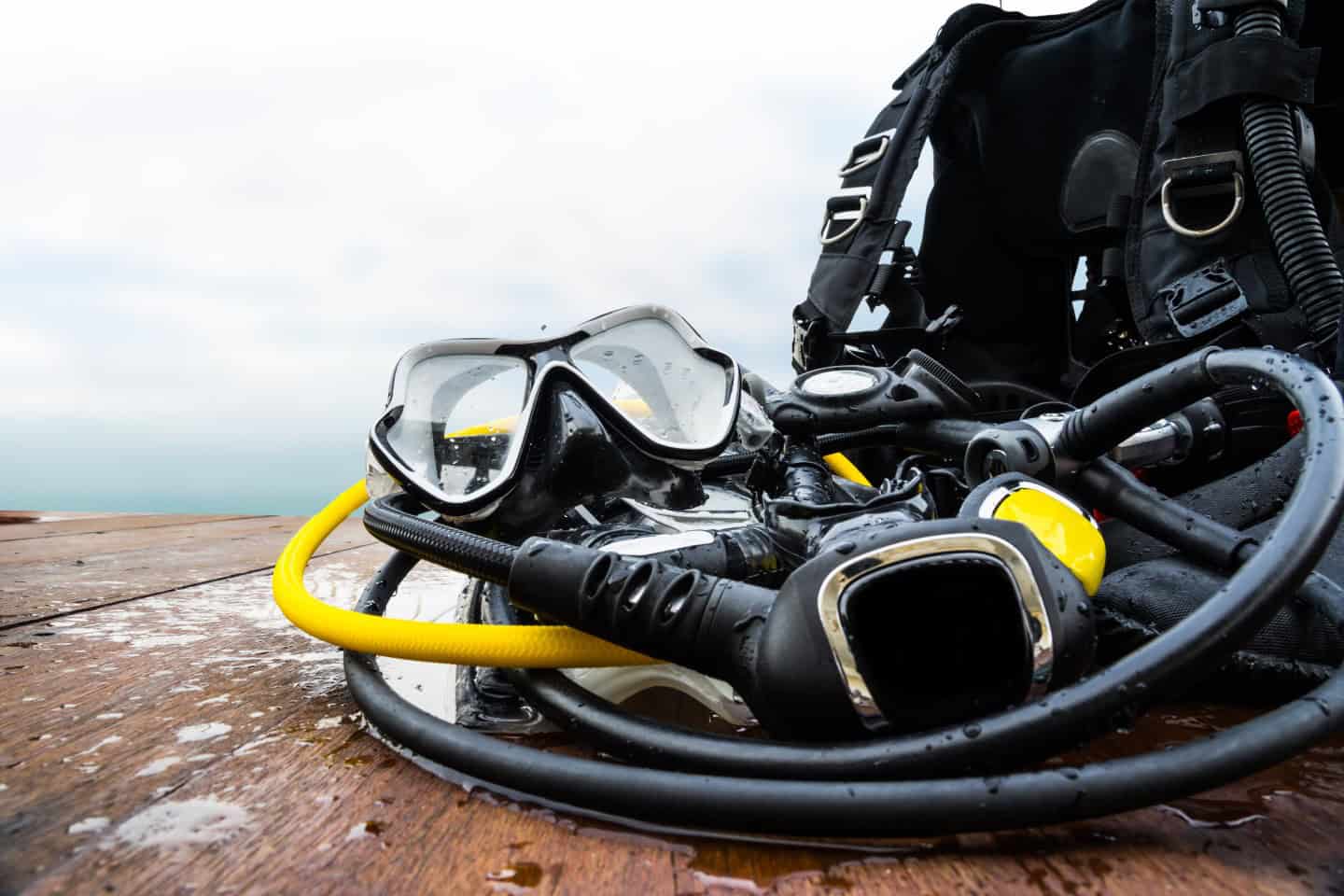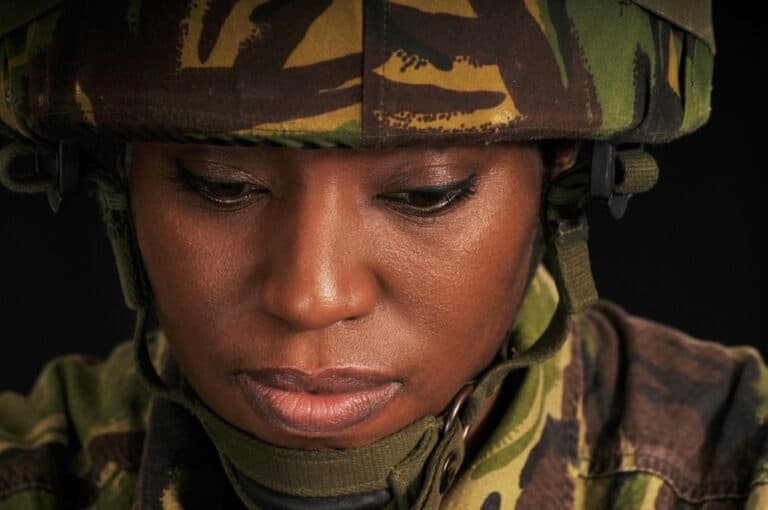
Five years is too long to wait for safety changes after marine dies in training
As 20,000 British troops take part in Nato’s largest military exercise since the Cold War, I’ve been thinking about the need to improve safety during training.
The troops from the Royal Navy, British Army, and Royal Air Force are taking part in the Steadfast Defender 24 in Eastern Europe until May, alongside all 31 NATO allies, to practice repelling a Russian invasion.
While there is no suggestion of malpractice on the Steadfast Defender 24, there are still ongoing concerns for improvements within military exercises in the UK.
Benjamin McQueen, a 26-year-old Royal Marine, sadly drowned during a training exercise in 2018. After his inquest concluded last year, his family said they believed he was let down by the Ministry of Defence (MoD).
Marine McQueen was taking part in a military exercise in Portland Harbour, Dorset. The exercise has since been described as being “an arduous military training for operation with an elite unit”.
The military exercise involved Mr McQueen having to deal with being entangled underwater. He experienced difficulties during his dive, in which it is noted he carried out one or more authorised emergency drills which would have rapidly depleted the supply from his breathing apparatus. Following his second dive from a depth of 18 metres he got into trouble and was recovered from the water. Despite attempts at CPR he died on 14 November 2018.
The coroner’s report found that Mr McQueen’s death was contributed to by the following factors:
- Failure to top up breathable gas levels between the dives.
- Failure to train the divers to check their cylinder pressure after the drill and not giving a prior warning in relation to the usage of breathable gas.
- Inadequate consideration of the risk of a lost diver.
- Failure to provide a full debrief to successful divers who surfaced when choosing to deploy the stand-by diver for the exercise.
- Insufficient instructions provided to student divers as to when to surface.
Whilst Mr McQueen’s father said he understood his son and others on the course would be undergoing a series of different dangerous activities, requiring them to push their own boundaries, and that they could not be pampered, he and his wife felt the MoD failed their son. Mr McQueen’s mum said: “It’s really clear looking back that there’d not been a serious incident in this training programme for decades… and they were not prepared… and that’s one of the hardest things for us as parents”.
Mr McQueen’s family said the inquest and its process was incredibly difficult. The fact it took almost five years to reach a conclusion will only have served to prolong the family’s anguish following such a tragedy.
Judge Coroner Ryder noted in his report dated 28 July 2023 the MoD should have taken action in relation to:
- Carrying a spare breathing apparatus cylinder in addition to that carried by the diver.
- Any further visits from senior ranked Officers that might lead to an acceleration of safety critical training.
- Having access to defibrillators irrespective of the age or health of those attending the diving course.
- Safety pressure of the diver’s breathing apparatus.
Following the death of Mr McQueen, it is understood the MoD has made a thorough and comprehensive review of its policies, practices and organisational structures in order to greatly reduce the risk of further fatalities in similar exercises.
These changes have included additional safety measures such as the inclusion of additional breathing apparatus being carried on boats and defibrillators being made available at diving sites.
Whilst Mr McQueen’s father said he felt positive “that there has been a root and branch look at this whole thing in diving” it’s concerning it has taken nearly five years following Benjamin’s death for reflection on the need for change to take place, and one can’t help but worry as to whether other avoidable incidents or injuries have occurred in the meantime.
During my time working BBK’s military team, I have sadly seen similar injuries that could have been avoided if the appropriate PPE had been issued or if the necessary training had been given. It made me feel frustrated that cases such as this could have been prevented.









